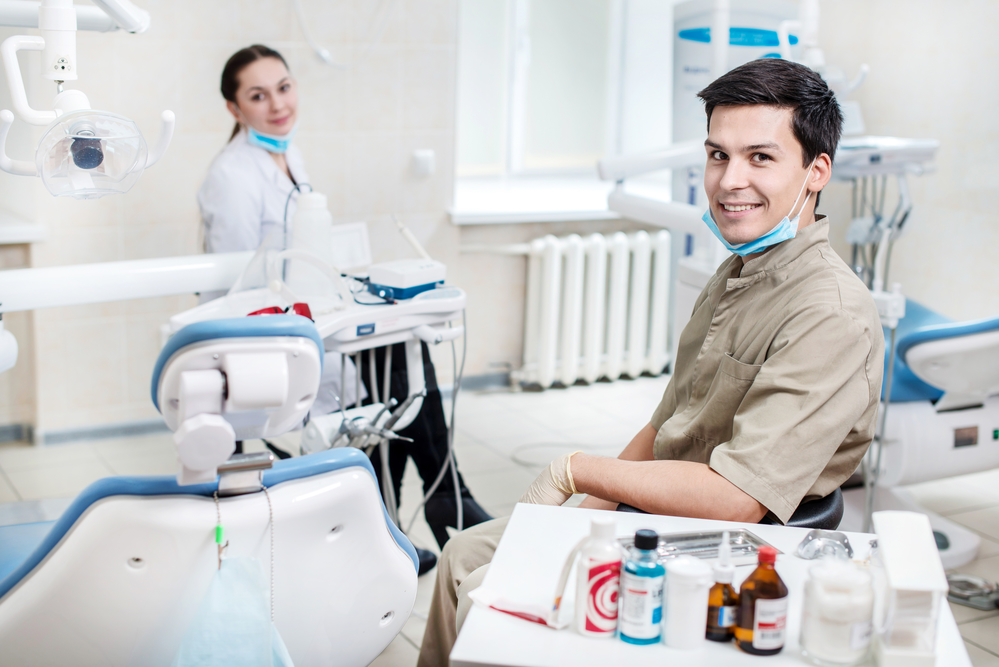Investment in a dental practice may be considerable. Its scale is reflected in the movement of prices for those practices which come up for sale. During the course of 2017, for example, the average price of a dental practice in the UK rose by 14.9%, according to specialists Christie and Co.
Investment is made not only in the premises from which a dental practice is conducted but in the technology, equipment and training which is demanded in a profession where advances are being made all of the time and in which patients’ needs and expectations about their oral health become ever higher.
Funding for dentists
The impetus of innovation and the introduction of new technology and techniques characterises the dental profession, said a recent survey by the General Dental Council. It is also responsible for a constant demand from dental practices for appropriate external funding.
But it is not only the investment in premises, equipment, technology and training that dental practices may require. Other demands may include:
- the enhancement or upgrading of other assets essential to the management of the practice, such as IT systems and the related hardware and software;
- the marketing of your practice’s dental services;
- meeting the costs of essential professional indemnity insurance necessary for any practising dentist – the General Dental Council requires dentists to complete a declaration that they have appropriate professional indemnity insurance in order to practise;
- managing available working capital to ensure the provision of sufficient cashflow for the smooth and financially viable running of the practice; and
- meeting the VAT and general taxation liabilities of the practice and its partners.
Dental loans
Many of the start-up costs – such as the acquisition of suitable premises and the initial equipment – may be the subject of long-term secured loans. But the more or less constant demands for additional working capital may also be met by occasional, short-term unsecured borrowing.
The dental loans in which we specialise here at Professions Loans are unsecured and require none of the long-term commitment – and risks – typical of a secured loan. Unsecured loans are usually repaid over a relatively short term, which may be as quick as just six months or up to five years.
Helpfully, these loans are also advanced at a fixed rate of interest, which remains the same from day one until final repayment, so that instalments are paid at the same amount each month, regardless of any changes in base lending rates or movements in the financial markets.
An unsecured loan is also very flexible and versatile. You choose not only the amount you need to borrow and the repayment period, but also the use to which the funds are put. This might be investment in new equipment and technology, the training required to operate it, meeting your tax and VAT liabilities, or managing day to day shortfalls in the cashflow of your dental practice.
Some practices may find that an unsecured, fixed rate, short-term loan such as this might prove a sufficiently useful management tool that borrowing is rolled forward from one year to the next in a succession of dental loans.
Dental practices operate in an increasingly fast-changing financial environment. When you need a loan, therefore, you are likely to need the release of the required funds as quickly as possible. That is a need we recognise here at Professions Loans, and that is why we aim to provide you with a quote on any borrowing enquiry within just an hour or so. This is followed by consideration of your formal application, on which we typically make a decision within a matter of days.
Provided all goes according to plan, and your application is approved, the requested funds are likely to be deposited directly into your practice’s bank account.


Recent Comments